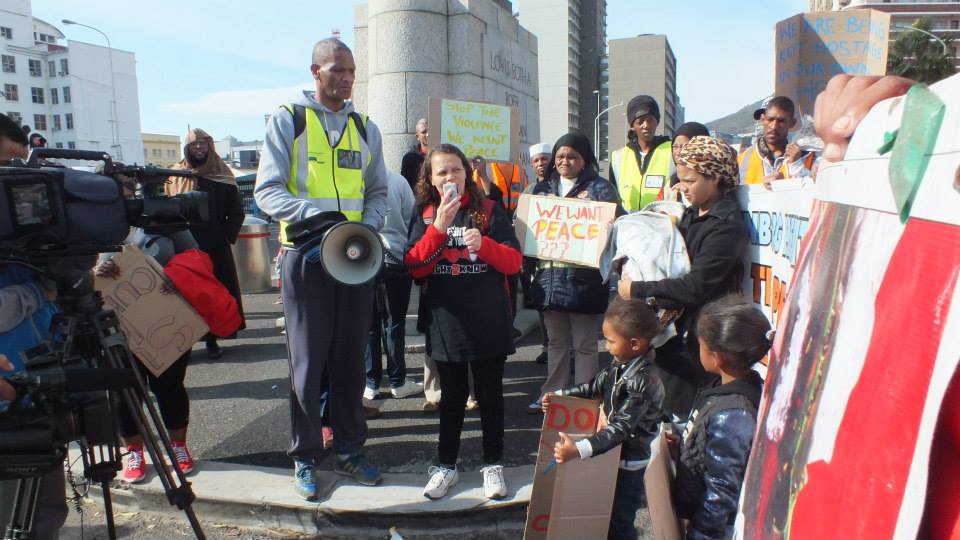South Africa Close to Passing ‘Secrecy Bill’
JOHANNESBURG — South African legislators are looking at a final draft of the controversial Protection of State Information Bill, a proposed law that critics say would seriously curtail freedoms in Africa’s most prominent democracy.
It is a familiar journalism scenario: An intrepid reporter publishes a story exposing corruption by a top official; the president promptly fires the official from his post.
In South Africa, however, this scenario is the subject of intense debate. The day after publishing his expose of police commissioner Bheki Cele in 2010, reporter Mzilikazi wa Afrika was arrested and charged with fraud and “defeating the ends of justice.”
Critics say that outcome could become increasingly common if South Africa’s government passes the Protection of State Information Bill.
The bill grants public officials the right to classify information as secret. Those who publish classified information could face jail time of up to 25 years.
The National Assembly passed the bill Tuesday, despite objections from opposition parties. From there it will go to the National Council of Provinces and then back to the National Assembly, a process that could be wrapped up in just a few days.
Officials who back the bill say it would protect valuable state information against espionage. The bill has support from the ruling African National Congress party, which dominates parliament.
Presidential spokesman Mac Maharaj declined to comment on behalf of President Jacob Zuma, who previously has indicated support for the bill, as Maharaj said it would be inappropriate to interfere with legislators’ debate. It will be up to Zuma to ultimately sign the bill into law.
Murray Hunter is a national representative of the Right2Know Campaign, which opposes the bill. He says activists and lawmakers who objected to it have succeeded in softening some of its harsher clauses, but that it is still too harsh.
“And we feel that there’s much to be concerned about the law and what it potentially means for the state of openness in South African democracy,” said Hunter. “And the reason I say that is that whenever a law gives potential for abuse, when it classifies information as secret, it potentially jeopardizes both the safety and the freedom of whistleblowers in the civil service, or the public service, who are seeking to expose wrongdoing. It also potentially criminalizes or jeopardizes, journalists… and activists, and ultimately has the effect of shutting the public out of government processes.”
Many prominent media houses – both local and international – have spoken out against previous versions of the bill. With parliamentary approval looking likely, though, it might be here to stay.
This article was written by Anita Powell and appeared in VOA News on 23 April 2013.



